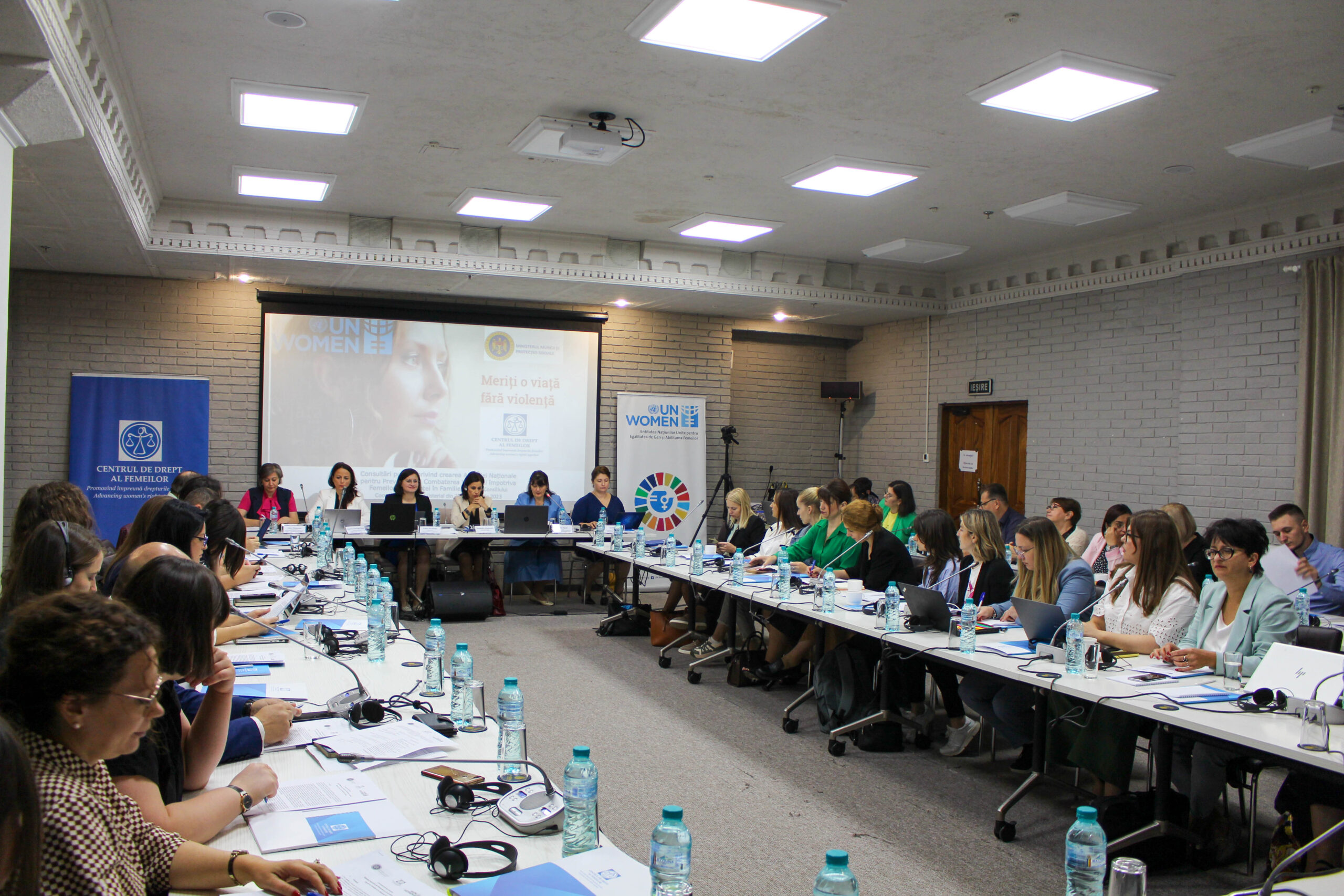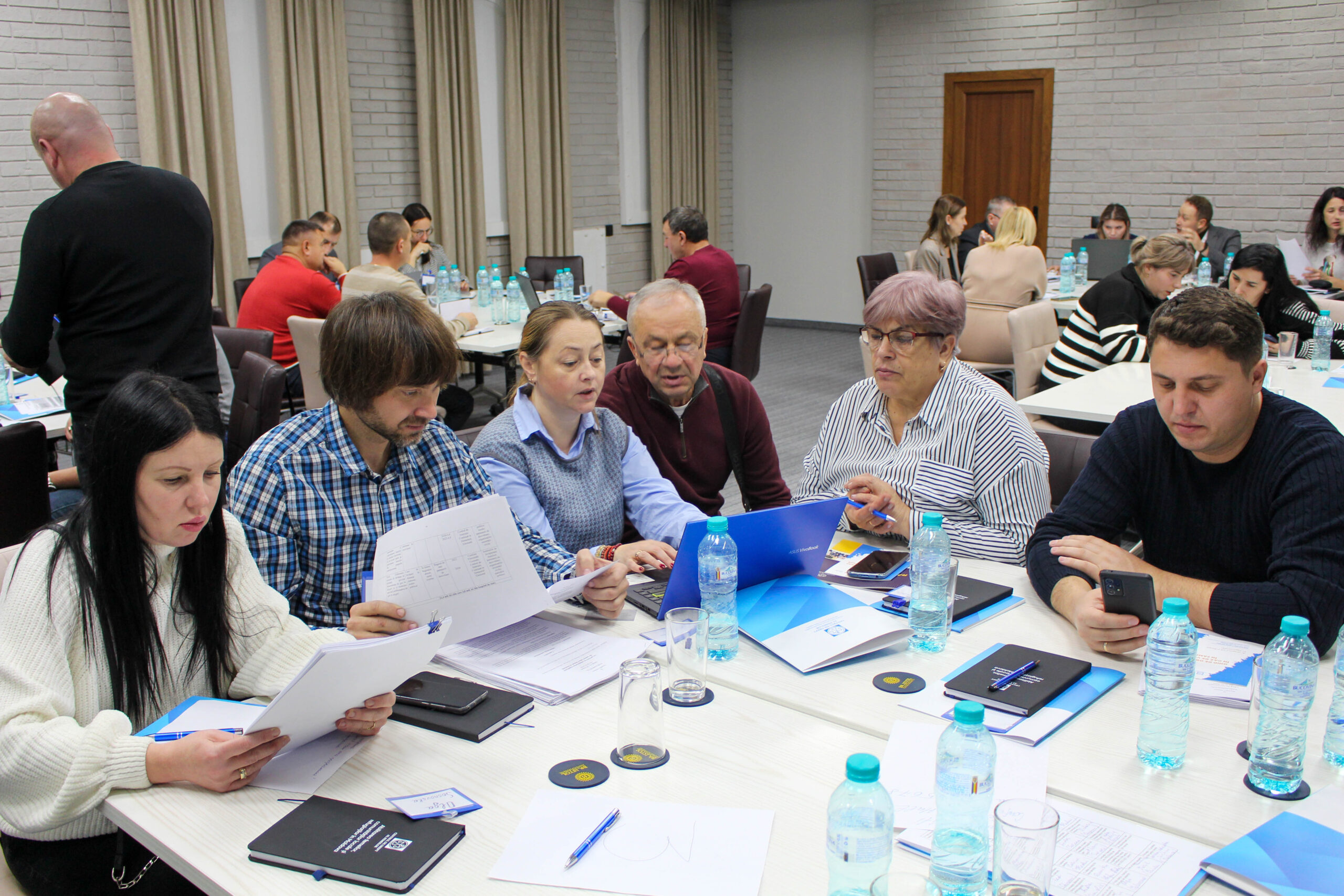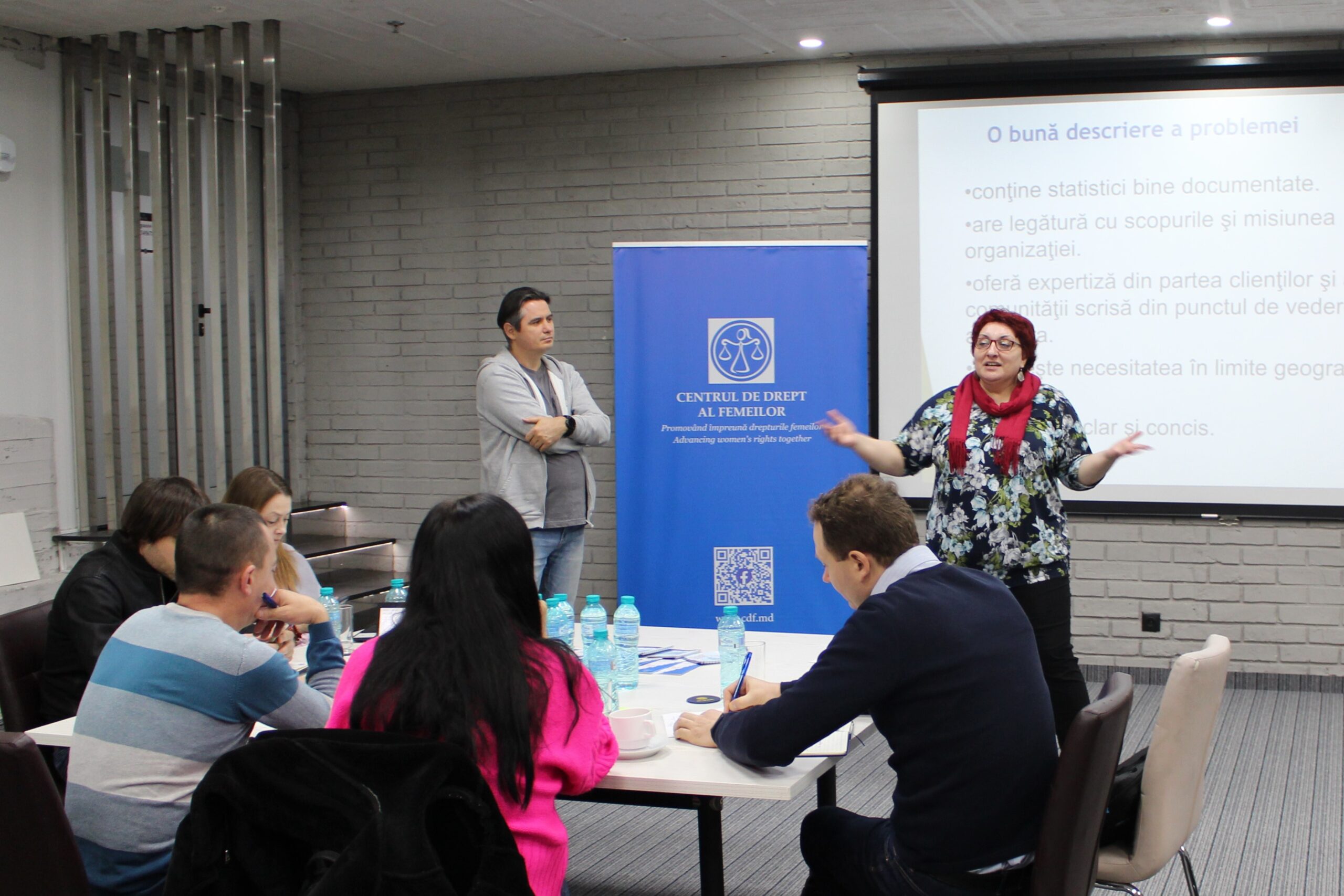How to start a civil case?
The divorce, the division of property and the obligation to pay the maintenance payment shall be addressed in a civil case, i.e. a lawsuit. The person who sues another person in a civil case is called the plaintiff, and the person who is sued is called the defendant.
The first step is to file a request for summons, which shall be registered in the court. According to the law, anyone who claims a right against another person or has an interest in finding the existence or absence of a right shall submit a request for summons to the competent court.
What shall a request for a summons contain?
- the court to which it is addressed;
- plaintiff’s name or designation, domicile or headquarters; if the plaintiff is a legal entity, the banking details, tax identification number, representative’s name and address if the representative submits the application;
b1) plaintiff’s telephone number, fax number, email address or other contact data; - defendant’s name, domicile or office address;
c1) phone Number
c2) first name, last name, address, telephone number, fax number, email address or other contact data of the plaintiff’s representative; - nature of violation or likelihood of violating the legitimate rights, freedoms or interests of the plaintiff and the claims;
- actual and legal circumstances on the basis of which the plaintiff grounds his/her claims and the evidence the plaintiff has at the moment of submitting the application;
- plaintiff’s claims against the defendant;
- value of the act, if it can be assessed;
- data about compliance with the out-of-court dispute settlement procedure, if the law or parties’ agreement provides for this procedure in case of such a dispute;
- documents attached to the application.
(3) The request for a summons can also comprise important data for the resolution of the dispute, as well as the plaintiff’s requests.
(4) The plaintiff can include in the request for a summons multiple claims that are inter-related either by cause or evidence.
(5) The request for a summons shall be signed by the plaintiff or by his representative empowered accordingly.
(6) The request for a summons or the request for exercising a remedy is validly made even if it has an incorrect name.
(7) The request for a summons drafted by the plaintiff, who is assisted in the court by a representative, should be typed.
What are the documents that shall be attached to the request for a summons?
- copies of the requests for summons and of records as established, in a number that is equal to the number of defendants and interveners, if they do not have these documents, plus a set of copies for the court. If the records are made in a foreign language, the court may order the submission of the translation as provided by the law;
- proof of state fee payment;
- documents certifying the circumstances on which the plaintiff bases his/her claims and the copies of these documents for defendants and interveners, if they do not have them;
- documents that confirm the observance of the out-of-court dispute settlement procedure, if the law or parties’ agreement provides for this procedure in case of such a dispute;
- the document legalising the powers of the representative.
(2) The plaintiff can attach other documents and claims to the requests for a summons.



